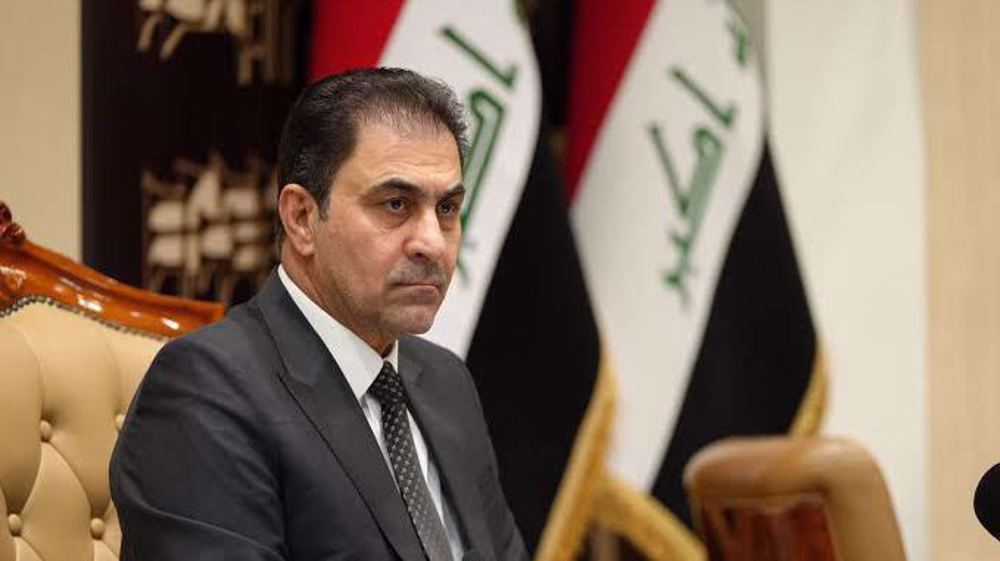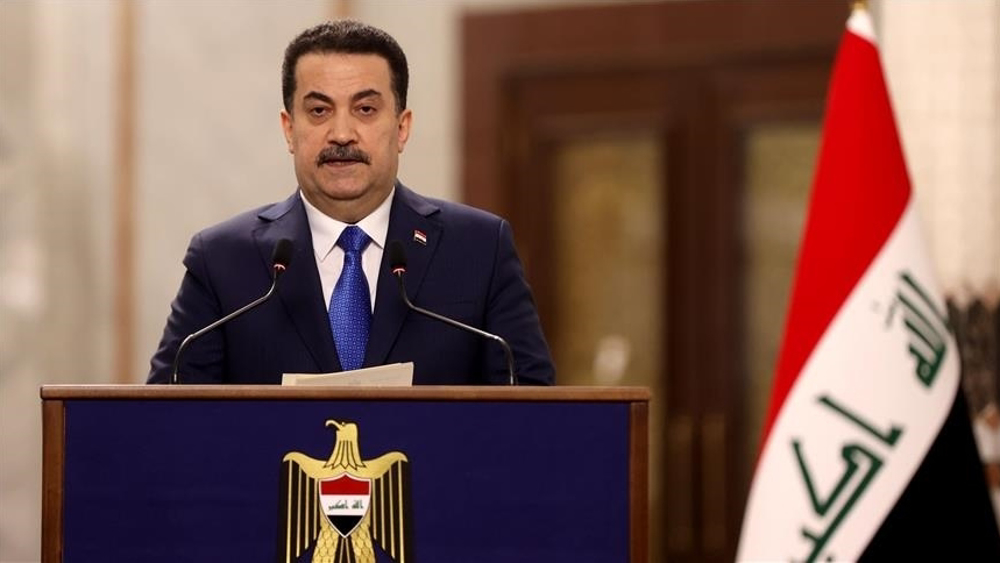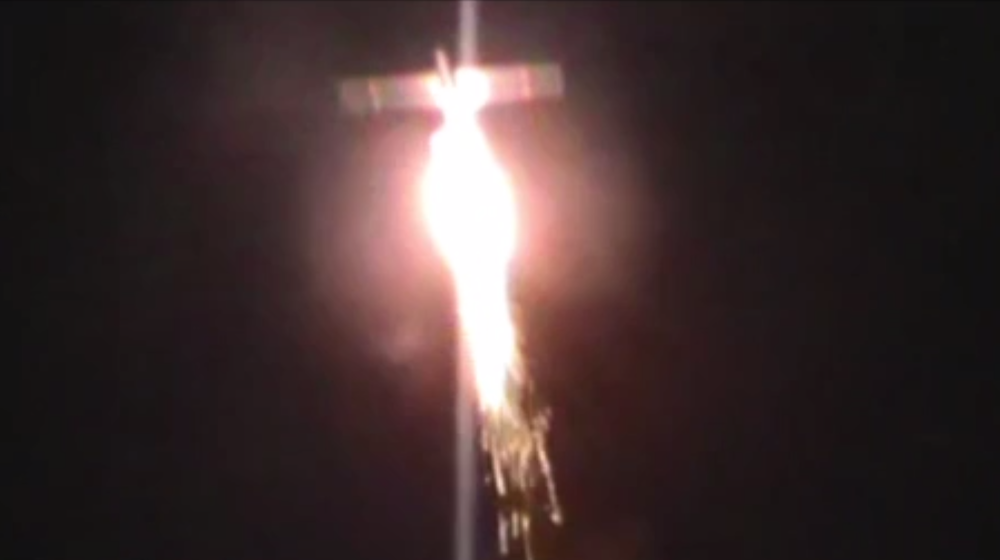Iraqi forces capture half of last Daesh redoubt in Tal Afar
Iraqi government forces have regained full control over half of the last remaining redoubt of Daesh Takfiri militants in Tal Afar as they are joined by volunteer fighters from the Popular Mobilization Units in a multi-pronged operation to liberate the northern city from the extremists.
The commander of the Tal Afar liberation operation, Lieutenant General Abdul Amir Yarallah, said on Wednesday that soldiers from the Federal Police Force and the Interior Ministry's elite rapid response forces had completely retaken the eastern flank of al-‘Ayadiya district, Arabic-language al-Sumaria television network reported.

Yarallah added that the forces had also liberated Qabaq village north of the district, and raised the Iraqi national flag over several buildings there.
Hours later, the media bureau of the volunteer fighters, commonly known by the Arabic name Hashd al-Sha’abi, stated that government forces and their allies had fully liberated al-‘Ayadiya district.
Iraqi forces uncover Daesh prison for Tal Afar women
Meanwhile, Iraqi security forces and Hashd al-Sha’abi fighters have discovered a prison in the western flank of Tal Afar, which members of the Daesh Takfiri terrorist group used to incarcerate women.
The media bureau of Iraq's Joint Operations Command announced in a statement on Wednesday that fighters from the 6th Brigade of Hashd al-Sha’abi and soldiers from the Federal Police Force had found the prison in the recently-liberated al-Sa’ad neighborhood of the city, located 63 kilometers west of Mosul.
Government soldiers and their allies could recover grueling torture devices, women's clothing and narcotic tablets.
Daesh had installed a comprehensive CCTV surveillance system across the building to keep an eye on the movements of the female detainees.
On August 20, Iraqi Prime Minister Haider al-Abadi, also the commander-in-chief of Iraqi forces, declared the start of the operation to retake control of Tal Afar and nearby areas from Daesh terrorists.
Tal Afar is the last Daesh stronghold in Iraq’s northern province of Nineveh.
“We have received a total of 12,000 people taking refuge since the battle broke out in Tal Afar. It is, in fact, a small number, because we received more than 18,000 refugees only during one day or even a few hours when combating at the eastern and western banks of Mosul. At that time, the conditions were so hard, but now we can control the situation even if a large-scale refugee migration like that in Mosul occurred again,” Iraqi Ministry of Displacement and Migration Spokesman Sattar Nowruz said on Wednesday.
He added, “We will try to persuade the people fleeing from the battlefield to return to the regained areas as they want, but will never force anyone. We will respect their thoughts and let people follow their own wishes. Meanwhile, we will also create proper conditions for people to get back to their hometown.”
US vetoing of Gaza ceasefire resolution ‘disgraceful’: Iran’s UN envoy
VIDEO | IAEA adopts anti-Iran resolution tabled by E3
VIDEO | Iran's president urges Pope to help end Israel's onslaught in Gaza
Iran's senior legal official: ICC arrest warrant for Netanyahu ‘great victory'
Nov. 21: ‘Axis of Resistance’ operations against Israeli occupation
VIDEO | Israeli forces storm West Bank’s Jenin again, target civilians
Iran activates advanced centrifuges after IAEA's 'unjust' resolution
VIDEO | Press TV's news headlines



















 This makes it easy to access the Press TV website
This makes it easy to access the Press TV website